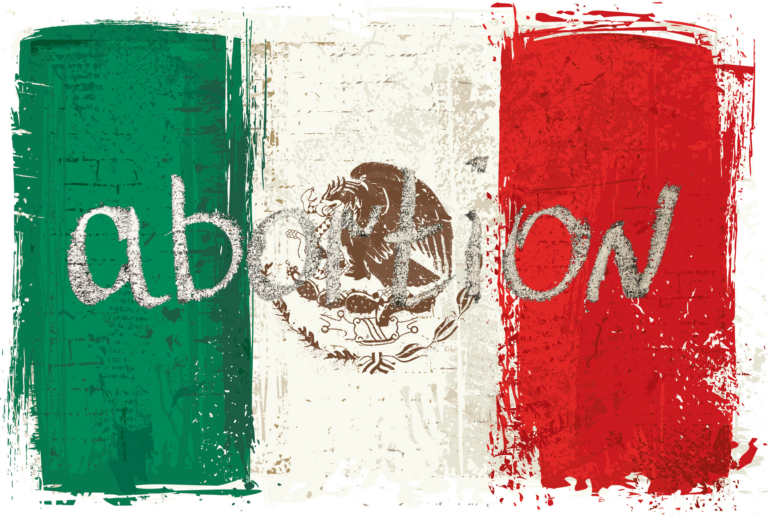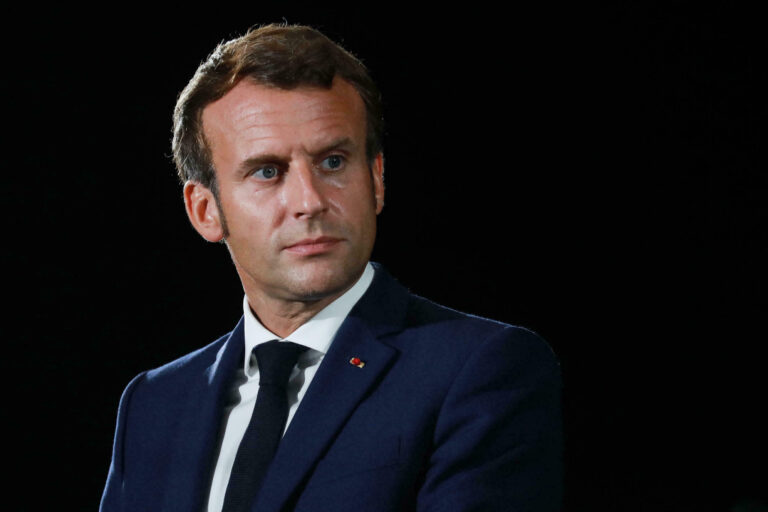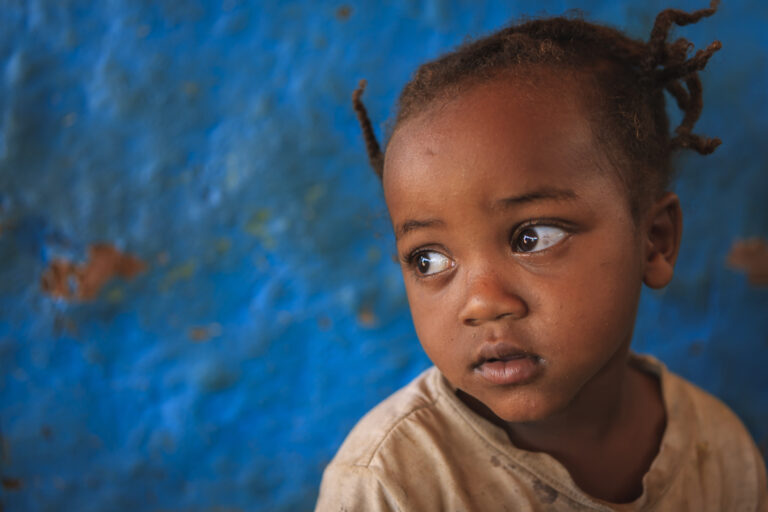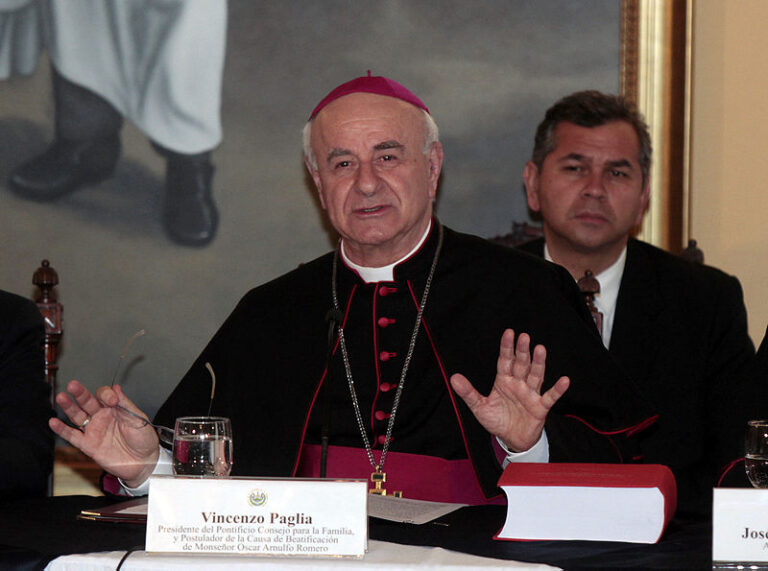Mr. Zivkovic is arguably the leading pro-lifer in the country of Croatia. He directs the Family Center, located in the capital city of Zagreb, which not only helps to build strong families, but encourages pro-natal attitudes. He is a former member of the Pontifical Council for the Family and a longtime friend of Population Research Institute. Here he argues that the future of Croatia — and of Europe — lies in families that are willing to be generous in accepting children.
All of Europe is in the grip of a demographic winter. More people are dying than are being born. This is true in my own country of Croatia as well. Located in Central Europe, Croatia is one of the smaller countries of Europe. It was one of the six nations that resulted from the breakup of the former Yugoslavia in the early nineties. We have a population of only 4.5 million. Sad to say, it is growing smaller each year.
Yet even in Croatia there are signs of hope. The first sign is the falling numbers of abortions. At the time of the liberation from Communism in 1990, the number of legal abortions was over 40,000, a huge number for a country our size. Within a decade the number of abortions was only a fraction of its former number. In 2002, the latest year for which we have statistics, only 6,191 abortions were reported.
The second sign is the growing number of families with three or more children. Under Communism, only 13 to 15 percent of all children born were third or higher order children. That is to say, around 85 percent of children born were first or second children. Since 1995, however, the number of families with three or more children has been growing. Each year since 1994, more than 20 percent of all children born have two or more older siblings.
Families are Getting Larger
In Croatia now there are about 85,000 young families who have three or more children, that is, families whose youngest child is 15 or less. (By way of comparison, there are 200,000 families in the same age group with two or more children.) All three of my married children (we have five altogether) have three or more children.
Such groups of families — large families by today’s standards — exist in every European country. In Germany there are about l.2 million such families, in Great Britain about 1.3 million, and in Italy about a million. Such families will have a future demographic impact far beyond their current numbers. It is no exaggeration to say that such families, through their sacrifices, are securing the continuity of their nations.
The reason that the population of these and other countries continues to decline is because of the relatively large number of couples who have no children, or only one. Such couples have always existed, of course, even in times of high fertility, because of the natural infertility of some. The difference is that at the present time there are so many such couples who are deliberately infertile that the nation as a whole is dying.
Yet the coming decline in numbers will only continue for so long. That segment of the population that does not reproduce itself will gradually decline as a proportion of the population, while that segment of the population which more than replaces itself (by having three or more children) will gradually increase in number until it becomes dominant.
The real question is this: Will these large families succeed in passing their values — their great parental love and their pro-life attitudes — to their children? Will the next generation join their parents in building families for the future, or will they fall into the anti-natal attitudes of many of their only children peers? If the next generation, and the one after that, also builds families with three or more children, then Croatia, and Europe, will revive. There will again be more people born than dying, and European nations will start to grow again.
Encouraging Large Families
From the early 1970s onward, the Family Center, which I direct, has carried out a massive and persistent effort to educate Croatians and others. We have printed millions of leaflets, brochures and books with pro-life and, equally important, pro-children messages.
To alert our people to the horrors of abortion, in 1973 we brought in the pro-life video, “Abortion: Woman’s Decision?” and showed it in the years following to hundreds of thousands of people in cities, towns and villages throughout the country. We later introduced Dr. Bernard Nathanson’s classic, “A Silent Scream,” to my countrymen as well, with great effect.
In 1993, taking advantage of our newfound freedom to express our Catholic faith, we began printing religious brochures and books with strong pro-life and pro-children text and pictures. To date, we have distributed several million of these across the country.
Support from Bishops
We have gotten marvelous support from the bishops and priests of my country. Croatia is 90 percent Catholic, and the clergy have been very active in educating their parishioners on the pro-life and pro-children front.
At the same time, we have been careful to promote our arguments in nonreligious terms when necessary to reach a larger audience, or to convince the secular authorities to give us access to television studios, the newspapers and other broadcast media. In the 30 years of our apostolate we have never compromised our faith, but we have also insisted that our arguments are reasonable. We have frequently put them in plain and commonly understood language to reach even those outside the Church. We are happy to encourage believers to “be fruitful and multiply,” while saying to those outside the faith that parenthood is beautiful and is to be welcomed. We have stressed that our view of life and children should be governed by widely understood virtues such as justice, honesty, kindness and love.
Our political leaders, mostly but not always Catholic, have understood the patriotic necessity of a higher birthrate. They understand that there is no Croatia without Croats. For this reason, they have introduced and supported economic measures and public relations activities to increase the number of births.
We have also benefited from international help. Beginning in the early 1970s we have received substantial help in our pro-life and pro-children work from friends in other countries. Dr. Billings from Australia, the Aid to the Church in Need from Germany, and many from the U.S. have given us assistance. This help continues.
The Future Belongs to Us
During the Synod on the Family held in Rome on October 1980, my wife and I had the opportunity to address the Holy Father and roughly 150 cardinals and bishops from around the world. We spoke on the pro-life issue, especially our efforts on behalf of life in Croatia. At the end of our talk we mentioned that the statistics kept by the Communist government of Yugoslavia show that Catholic couples have more children than atheists. “Communists may have money, power, and control the government,” we said, “but they do not dare to have more than one or two children. The future belongs to us. Our children, conceived in love and accepted as gifts from God, will one day inherit our land.” The audience responded with sustained applause.
Of course, the present also belongs to us, in this sense: We who love children enough to have a handful are bringing excitement, joy and beauty into our lives, not to mention love. Our lives are much fuller than those who choose to have one child or none. Let us spread this message of life and love.
Marijio Zivkovic and his wife direct the Family Center in Zagreb, Croatia. A past member of the Family Commission of the Catholic Bishops conference of Croatia, he and his wife also served for 10 years on the Pontifical Council for the Family










